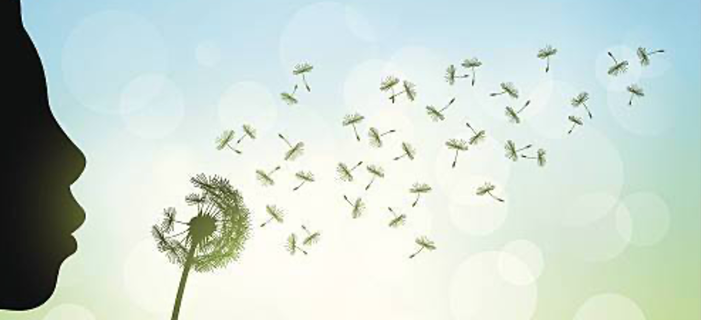The Zika virus, which may be causing a rash of infants born with microcephaly, or congenitally small heads, in Brazil, is rightly causing concern among public health officials. The virus is transmitted by Aedes mosquitoes, which bite mostly during the daytime. Right now, the disease is confined to countries south of the U.S. border, but it is possible it will be transmitted further north; unfortunately, with climate change, mosquito-borne diseases are spreading.
Currently, the CDC recommends that women who are pregnant or may become pregnant not travel to affected countries. In affected countries, precautions like sleeping under a bed netting, using repellent, and emptying containers that could harbor mosquito larvae are also recommended. But there also have been calls to begin prevention efforts in the U.S.
This is where we should exert caution. Yes, microcephaly is a serious condition, but as we calculate those risks, the risks of pesticides, particularly those sprayed pell-mell across whole cities, should also be considered. It is relatively easy to count cases of microcephaly. It is much more difficult to tally the life-long risks incurred by pesticide exposures, particularly those experienced in utero or during childhood. This blog details those risks. I would never argue that cancer, autism, ADHD, lower IQs, and auto-immune disease resulting from these exposures are the only health impacts that should be considered, but they should be considered. In the U.S., with our less aggressive mosquitoes, well-screened windows, and widespread air conditioning, it should be possible for pregnant women to take individual precautions that will shield their offspring from the most serious impacts. Let us hope it does not come to that, and let us hope that if it does, we do not additionally experience widespread and rampant spraying. Given the inefficacy of adulticiding mosquitoes, pregnant women would more than likely face risks from both the virus and from the pesticides. Decisions about mosquito spraying will be made in the next couple of months; be aware of what your own city is doing.












